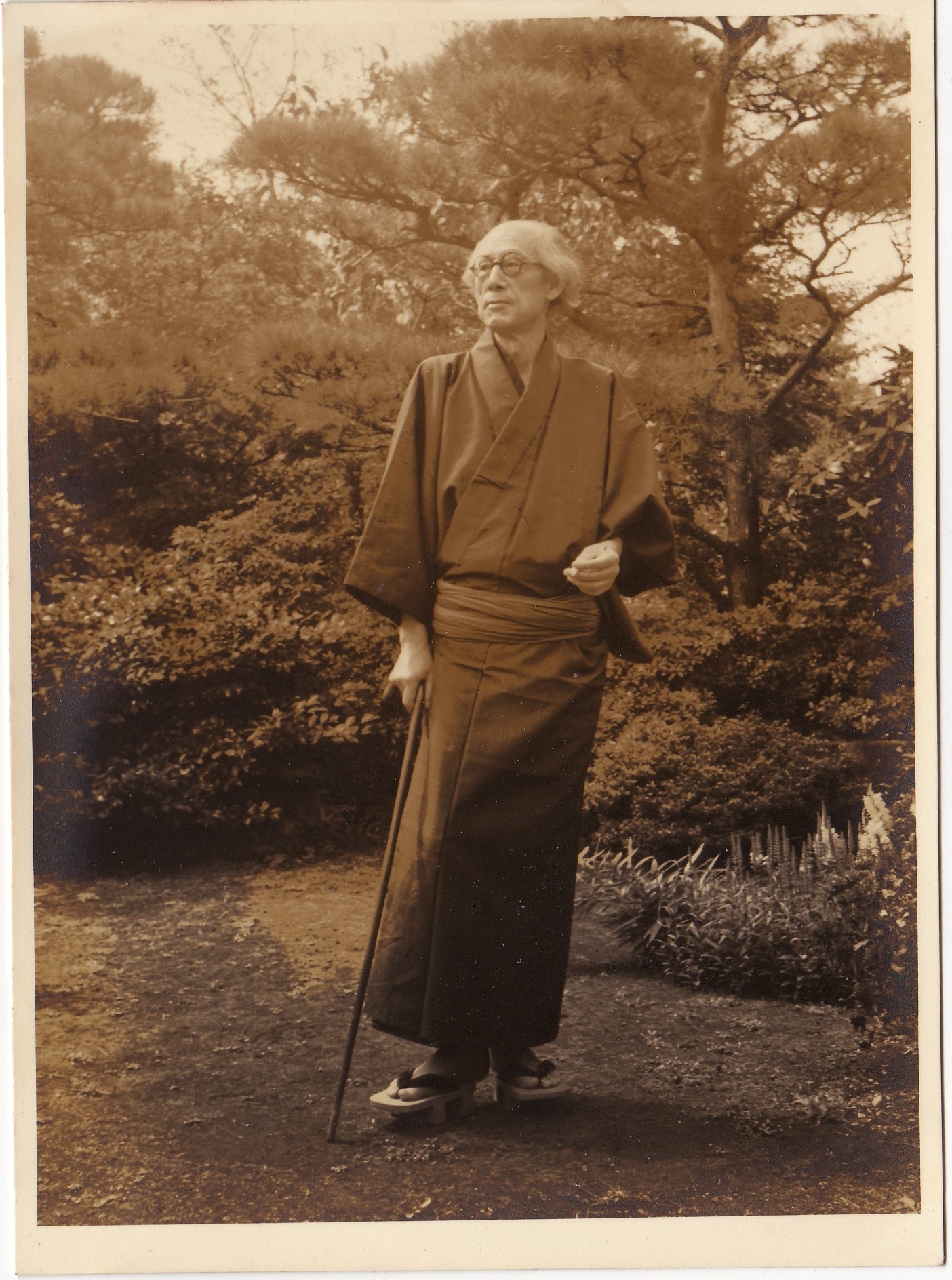Biography
Born in Okayama prefecture, Samezō Kuruma was drawn to the study of political economy at an early age, influenced by Smith’s The Wealth of Nations. After graduating from Tokyo Imperial University in 1918, Kuruma worked briefly for Sumitomo Bank in Osaka, where he had been led to believe he could engage in economic research. He very quickly grew disillusioned with the job, and the Rice Riots that spread Japan in the summer of 1918 provided an impetus to leave the bank and also influenced his move towards socialism and Marxism.

Kuruma was fortunate to find employment as a researcher at the newly established Ohara Institute for Social Research in Osaka, which was similar in a number of respects to the famous Institute for Social Research founded in Frankfurt a couple years later. The Ohara Institute soon became a center for leftwing thought in Japan, attracting a number of Marxist economists. Kuruma was soon dispatched to Europe by the institute with his colleague Tamizō Kushida (1885-1934), one of the first Marxist economists in Japan, to purchase books for the organization’s new library. It was there, in Germany, that Kuruma began to study Marx seriously, beginning with Theories of Surplus Value.
He returned to Japan in the summer of 1922, where he continued his study of Marx. In the 1920s, Kuruma contributed a number of articles and translations to the Journal of the Ohara Institute for Social Research, and taught a course on the history of political economy at Doshisha University in nearby Kyoto. His primary interest at the time, however, was Marx’s theory of crisis, and he presented a series of articles on the subject at the end of the 1920s and early 1930s.
In 1936, the Ohara Institute moved its offices from Osaka to Tokyo, and Kuruma also settled in the capital city. In the late 1930s, leftwing thought was increasingly subject to state censorship, and this new climate of repression curtailed the activities of scholars at the Ohara Institute. In this period of reaction and war, Kuruma continued his research on capitalism, closely examining Marx’s ideas, although he no longer publicly had a public forum to present his ideas. In particular, Kuruma was interested in Marx’s theory of money and the phenomenon of inflation, which he recognized would be rampant in Japan following the war. He also continued his habit of carefully jotting down important passages from Marx and other writers on note cards, which he used for his research and shared with his colleagues.
The end of the war brought the inflation and hardships Kuruma had expected, but it was also a period of rebirth for Marxism in Japan. The scholars like Kuruma who had been toiling in isolation and anonymity during the war years were finally able to openly discuss their ideas. Kuruma found himself busy as the new Director of the Ohara Institute and professor of political economy at Hosei University, and he was instrumental in moving the institute to Hosei in order to resolve its financial difficulties.
In the early postwar years, Kuruma published two books that brought together his prewar writings on crisis-theory and the history of political economy. He also participated in a series of monthly study meetings on Marx’s Capital that brought him into contact with the developing ideas of Kōzō Uno, who would later exert a great influence on the Japanese New Left. In particular, Kuruma and Uno disagreed about whether Marx was correct to abstract from the commodity owner when discussing the value-form in Capital, with Uno criticizing Marx and Kuruma criticizing Uno for failing to grasp the nature of the theoretical task that he addresses in his theory of the value-form. In the early 1950s, Kuruma criticized Uno’s position in detail in a series of articles entitled book Kachi keitai ron to kōkan katei ron (Theory of the Value-Form and Theory of the Exchange Process), later published as a book under the same title in 1957.
The last two decades of Kuruma’s life were taken up with the editing of Marx-Lexikon zur Politischen Ökonomie, which grouped together passages from Marx and to a lesser extent Engels concerning a number of key topics (competition, method, materialist conception of history, crisis, and money). In carrying out this massive project, which resulted in fifteen separate volumes, Kuruma relied heavily on the note cards that he had patiently accumulated. He organized the passages under the appropriate headings, which reflected his understanding of Marx’s critique of political economy, and underlined particularly important terms or sentences for emphasis. Marx-Lexikon was published by Otsuki Shoten in collaboration with the Ohara Institute, beginning in 1968, with both the original German and the Japanese translations. Kuruma had just completed three of the volumes on Money in September of 1982 when he was hospitalized for lung cancer. On October 20 of that year, he died at the age of 89.
by Michael Schauerte